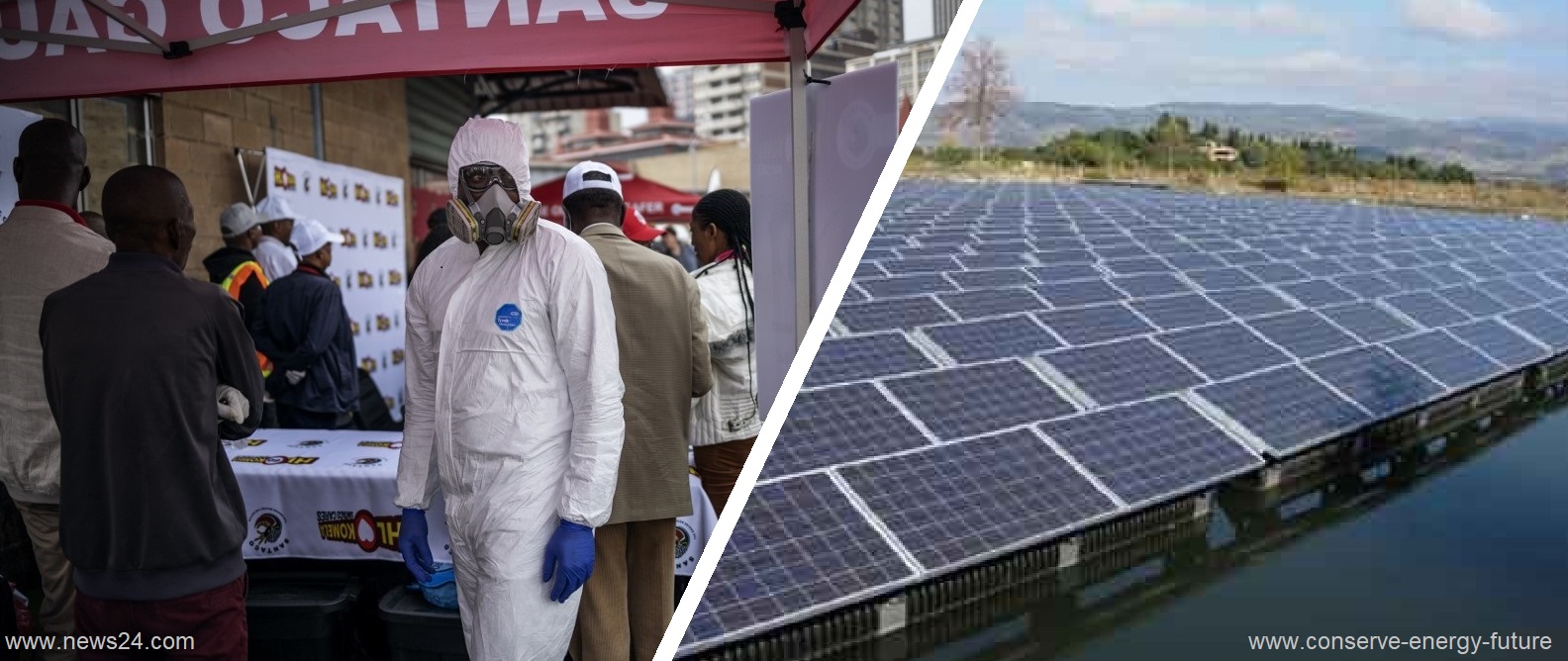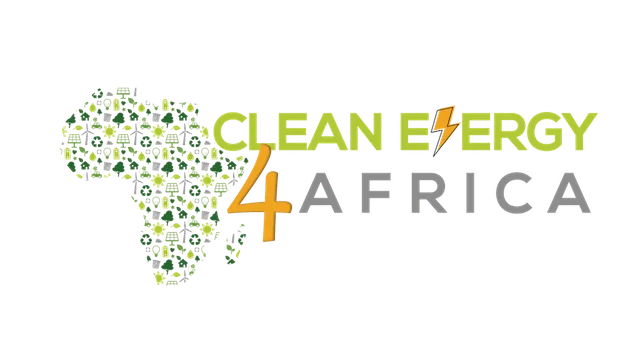
Written by: Eng. Zulfa Rasheed, Master of Engineering Management, Rochester Institute of Technology
The current event of pandemic is the long-time awaited child of the global supply chain. We have not been shocked by the idea of a pandemic because we knew that it is coming, and it will become a threat to public transportation and public gatherings. An air-borne or flu like virus was expected to force us to start working-from-home, decrease energy demand, business activity, commerce, and disrupt public life [1]. What we want to discuss here is some effects of such disruption on the solar PV industry.
The reason we expected a virus outbreak comes from the ease of transportation during last decades. As we get closer, like a global village, we are making it easier for any infectious disease to spread between far away demographics in less than a day. Just like the way goods move and business is happening. This time the outbreak started in China, the biggest producer of solar PV panels and the biggest oil consumer.
The production of solar PV panels requires many components and raw materials like silver which is one of the vital metals in the production of solar cells [2]. For many reasons, silver, which is considered a safe asset, is hit by current oscillation in the market caused by the pandemic. The silver price uncertainty alone can affect the solar PV industry adding to that all other kinds of unknowns. On the other hand, oil prices are fluctuating in a way that mislead towards concluding that an oil crisis means growth for demand in renewables. Sorry Earth lovers, it’s not that simple! COVID-19 has hit the global supply chain, which means the transportation of solar PV components is delayed.
Another aspect of solar PV market during the pandemic is the consumer willingness-to-pay for solar technology. To buy solar PV systems, customers should be aware about payback period and estimated savings. During the current pandemic, neither of the these is satisfied due to a tired financial system. Most industries are suffering, leaving buyers with many questions.
The real reason we are thinking about shifting electricity consumption to renewables is to solve many issues like the availability of energy, the sustainability of the source, the energy decentralization concept that changes the map of energy and the continuity of the service. In a time like ours, its fatal to have disruption in the energy sector in parallel with the one in the health service. As in all other sectors, the human activity involved in the electricity service is affected by the health challenges. Nothing simplifies that like the Netflix series “Pandemic: How to prevent an outbreak” in episode 1 tilted “It hunts us” saying “Electricity is dependent on power plants, and power plants are dependent on a work force. That work force becomes ill, then you have huge vulnerabilities.”
We knew that a pandemic is coming but we have been taken by surprise because we did not prepare a suitable work-frame or an effective global communication system to overcome this challenge in a better way. Though many countries have shown smooth and efficient handling of the outbreak. Up to date, Africa is still the lowest with COVID-19 cases and we hope that remains. Africa is the richest continent in terms of solar energy potential which -with a lot of effort- can achieve energy self-sufficiency for households. Many African households may be subject to power outages because of the current Corona virus pandemic and many African residents are used to this scenario. Globally, some innovative approaches emerged in the power sector to address this pandemic nevertheless, these companies still require residents to take precautions. Georgia Power, a private U.S. utility company, is an example. The company has managed to suspend residential disconnections but still “highly encourages all customers to continue to make payments and practice energy efficiency” [3].
Raw materials, transportation, energy availability, environment, people are all parts of a global supply chain that affects the solar industry and projects but at the same time the share of energy produced is changing towards renewables. No matter how our lives change after the control of the COVID-19 pandemic, we should ask ourselves: are we going to be more efficient and sustainable in terms of energy consumption?
Author: Zulfa Rasheed holds a B.S. in Electrical Engineering from Ajman University and a Master degree in Engineering Management from Rochester Institute of Technology. She is also an affiliate engineer with ASHRAE.
References:
[1] Anonymous “Traders Eyeing Bearish Impact on Energy by a Bird Flu Pandemic,” Natural Gas Week, pp. 1, 2005. Available: https://ezproxy.rit.edu/login?url=https://search-proquest-com.ezproxy.rit.edu/docview/198577721?accountid=108.
[2] M. Das, “Zacks Investment Research: Silver Dips on Worries of COVID-19 Impact on Industrial Demand,” Newstex Finance & Accounting Blogs, 2020. Available: https://ezproxy.rit.edu/login?url=https://search-proquest-com.ezproxy.rit.edu/docview/2363940460?accountid=108.
[3] Anonymous “Georgia Power assures continued safe and reliable service, offers resources and tips for customers during COVID-19 pandemic: Energy assistance programs, scam avoidance tips, employee safety updates available for customers,” U.S.Newswire, 2020. Available: https://ezproxy.rit.edu/login?url=https://search-proquest-com.ezproxy.rit.edu/docview/2377753000?accountid=108.
featured image credits: http://www.news24.com & http://www.conserve-energy-future.com
